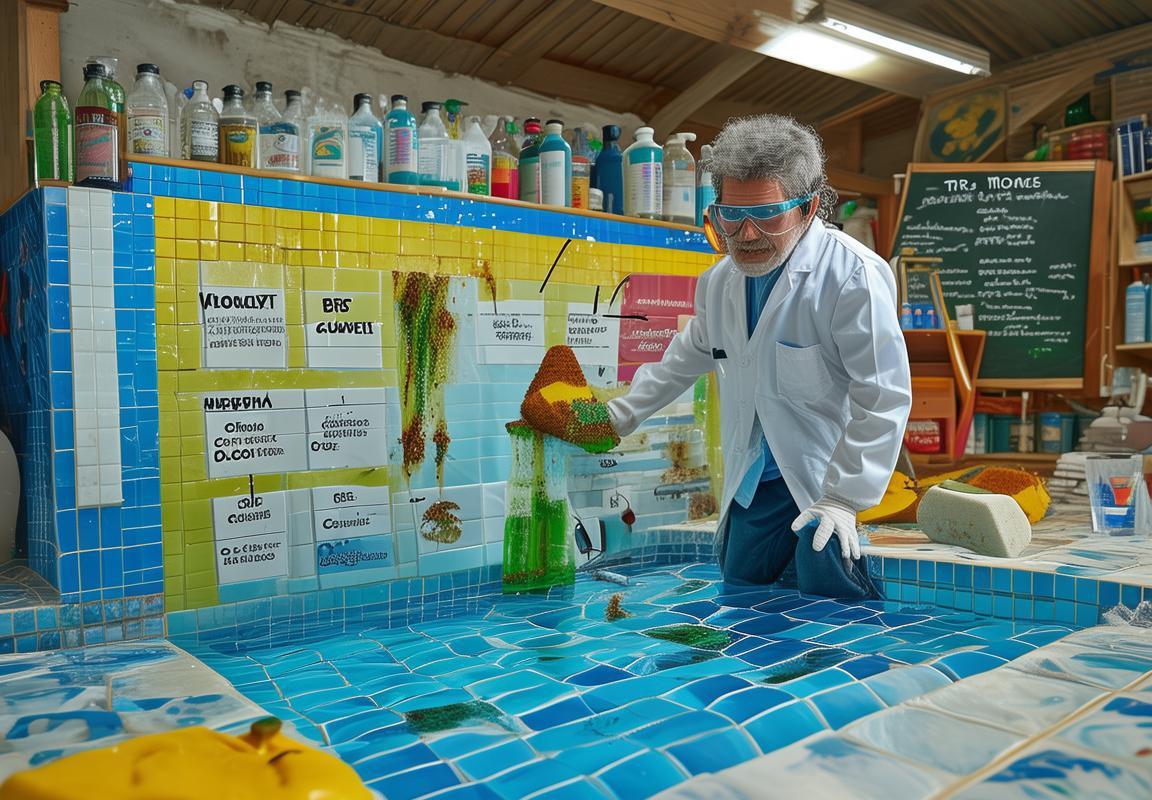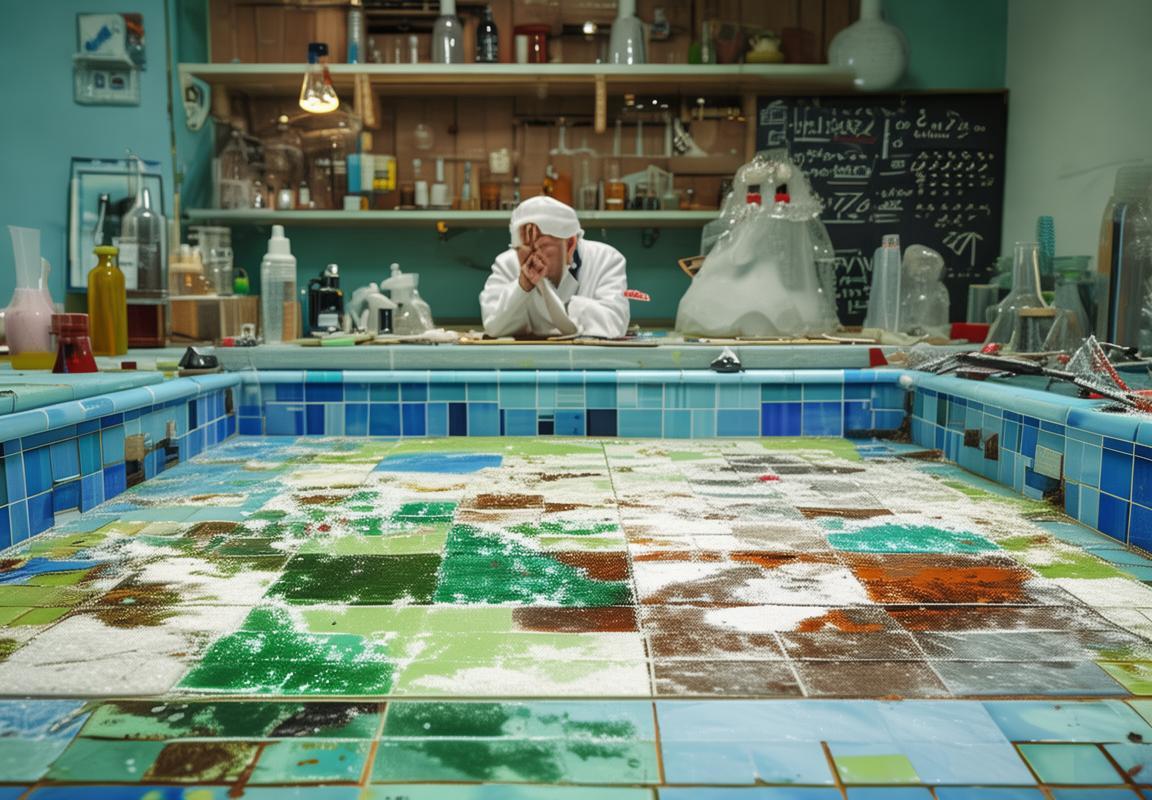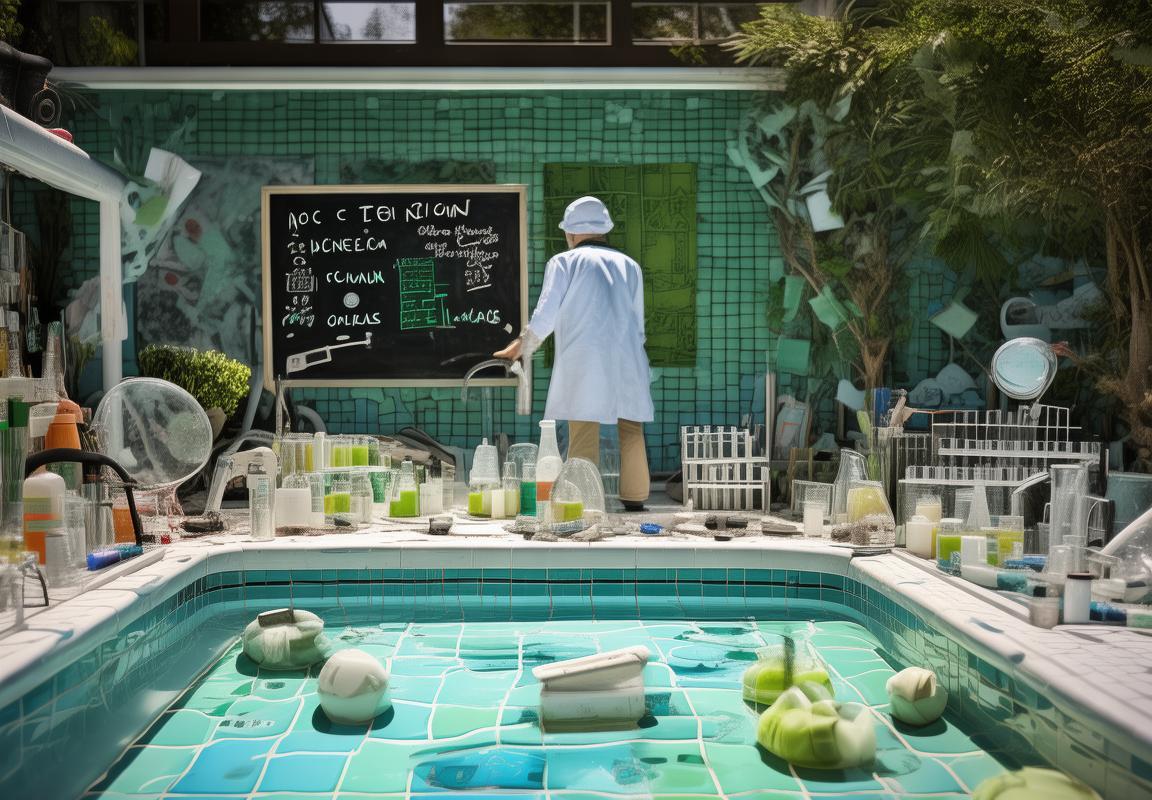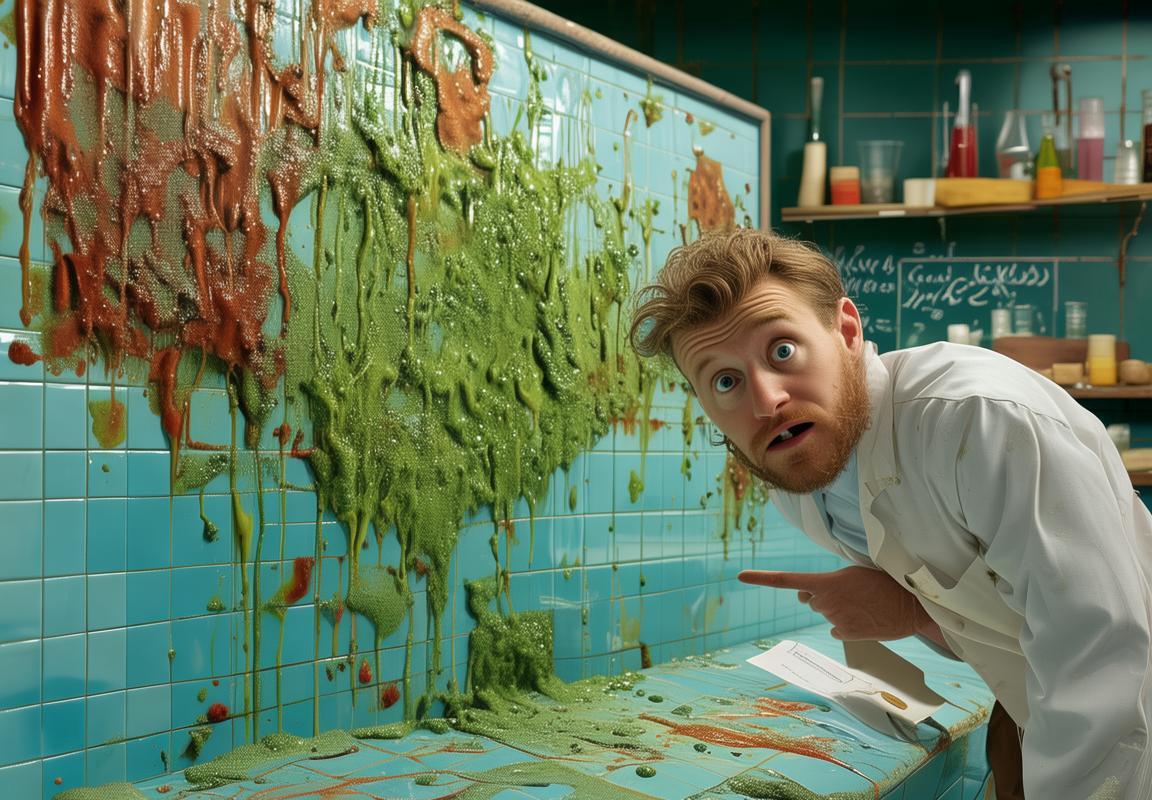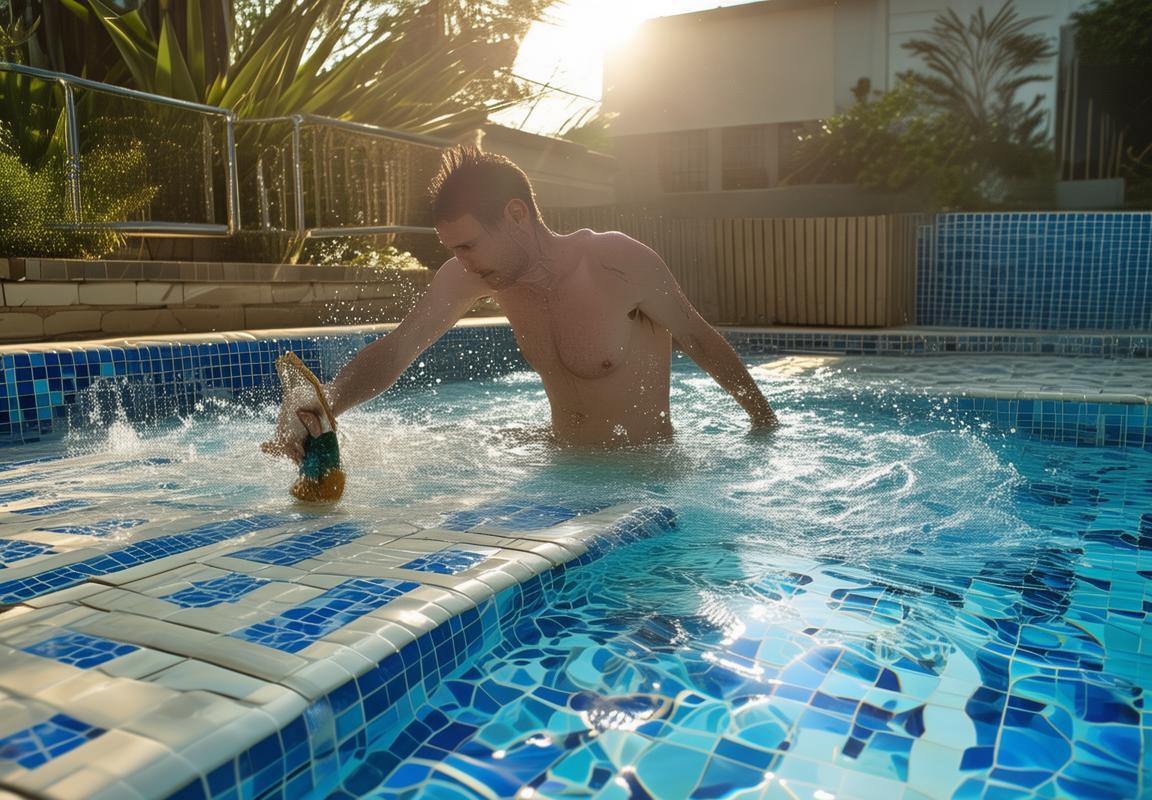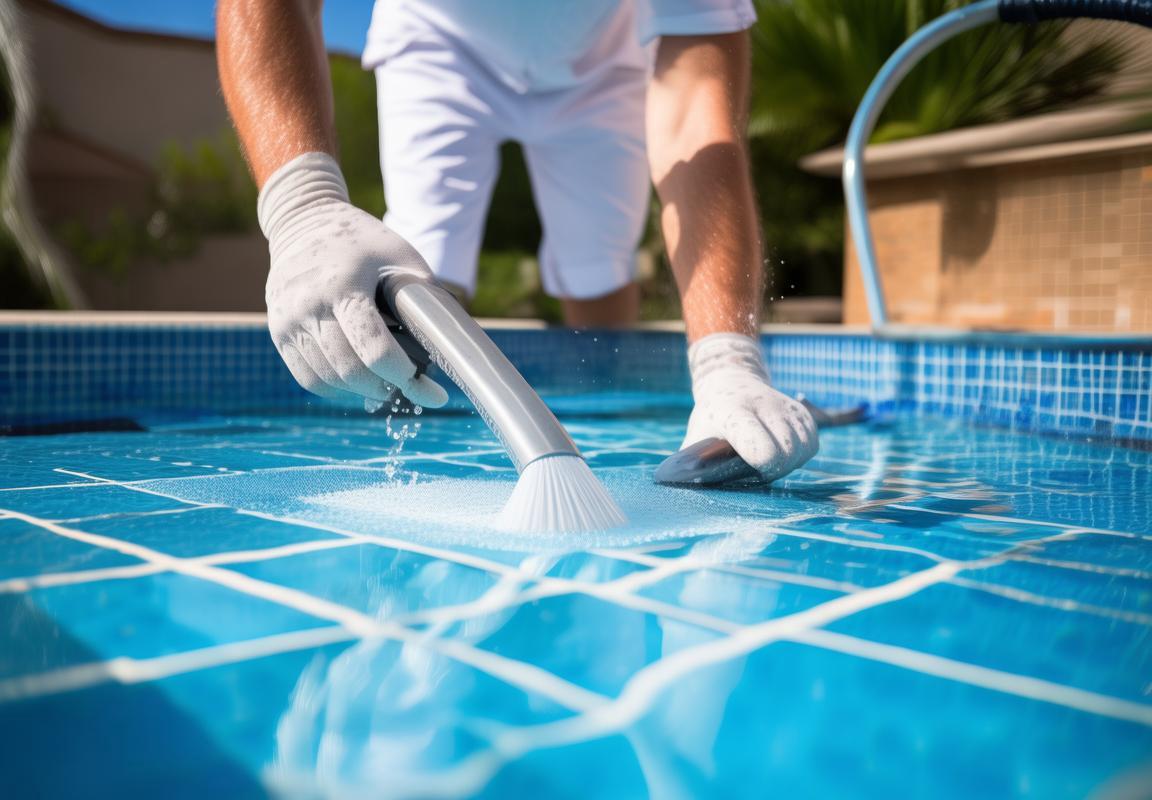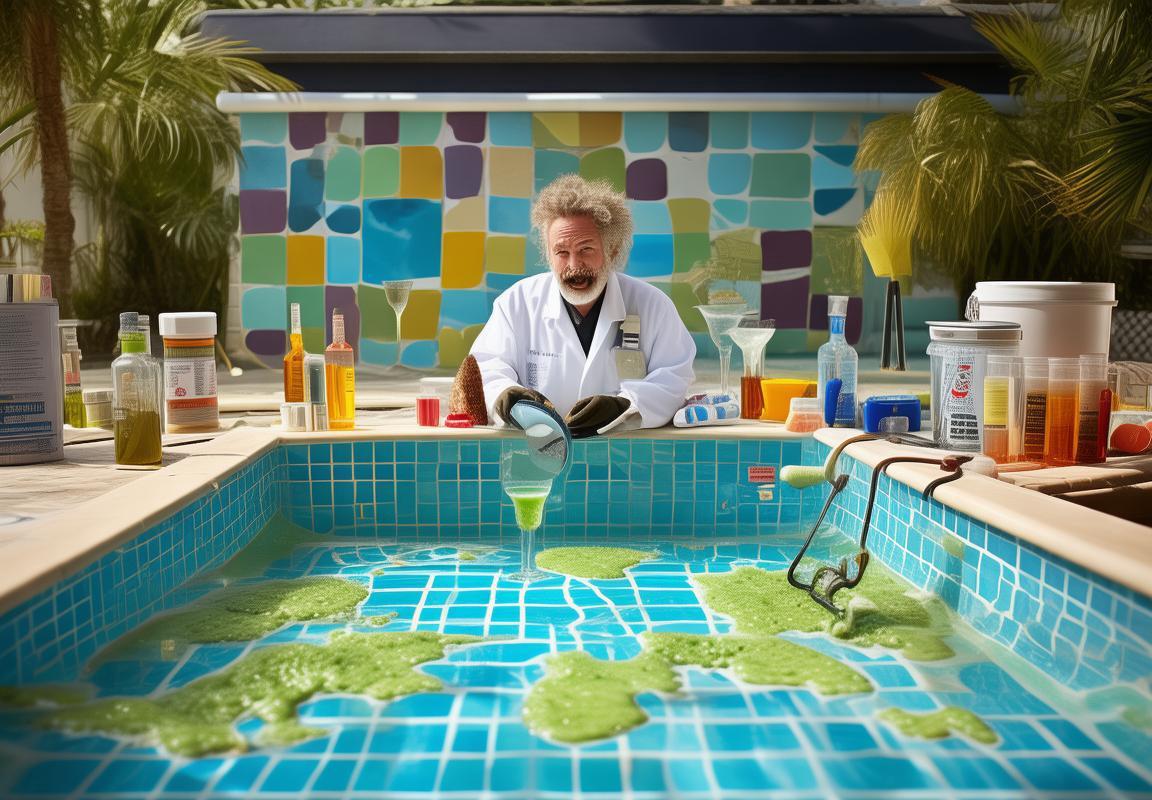Best Pool Tile Cleaner: Top Picks for Cleaning Pool Tile Like a Pro (X-Treme Clean, EcoPool & More
When it comes to cleaning pool tile, three standout products deliver exceptional results. X-Treme Clean Magic Gel is the best pool tile cleaner for stubborn calcium and mineral buildup—its thick gel clings to vertical surfaces, requiring zero scrubbing while being safe for all tile types. For eco-conscious users, EcoPool Splash offers a non-toxic, plant-based formula that tackles algae and light scale without harsh chemicals, making it ideal for regular maintenance. Meanwhile, Scrub-Free Blue Wave is the fastest option, a spray-and-rinse solution perfect for quick cleanups with no elbow grease needed. Whether battling hard water stains, biofilm, or general grime, these pool tile cleaners save time and effort, transforming dirty tiles into spa-worthy surfaces. For heavy buildup, X-Treme Clean Magic Gel reigns supreme, while EcoPool Splash and Scrub-Free Blue Wave excel in eco-friendliness and convenience, respectively. Choose the best pool tile cleaner based on your needs—no more wasted weekends scrubbing!

